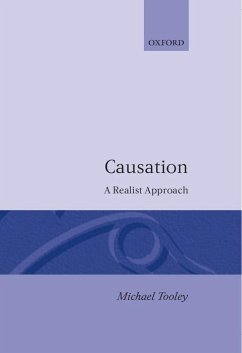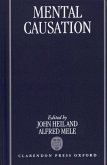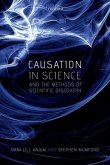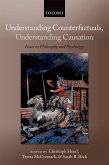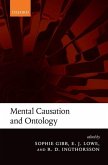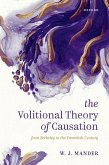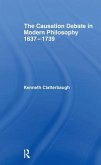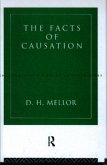Traditional empiricist accounts of causation and of laws of nature have been reductionist, in the sense of entailing that, given a complete specification of the non-causal properties of, and relations among, particulars, it is thereby logically determined both what laws there are, and what events are causally related. It is argued here, however, that reductionist accounts of causation, and of laws of nature, are exposed to decisive objections, and thus that the time has come for empiricists to break with that tradition. The basic goal of this book, therefore, is to set out, and to defend, realist accounts of these concepts. In the case of causal relations, for example, Tooley maintains that causation is basically a matter of theoretical relations which underlie and explain relative frequencies. He argues that such an approach avoids the objections that tell against reductionist accounts, and that it does so without making casual relations epistemologically inaccessible.
Tooley here sets out and defends realist accounts of traditional empiricist explanations of causation and laws of nature, arguing that since reductionist accounts of causation are exposed to decisive objections, empiricists must break with that tradition.
Tooley here sets out and defends realist accounts of traditional empiricist explanations of causation and laws of nature, arguing that since reductionist accounts of causation are exposed to decisive objections, empiricists must break with that tradition.

